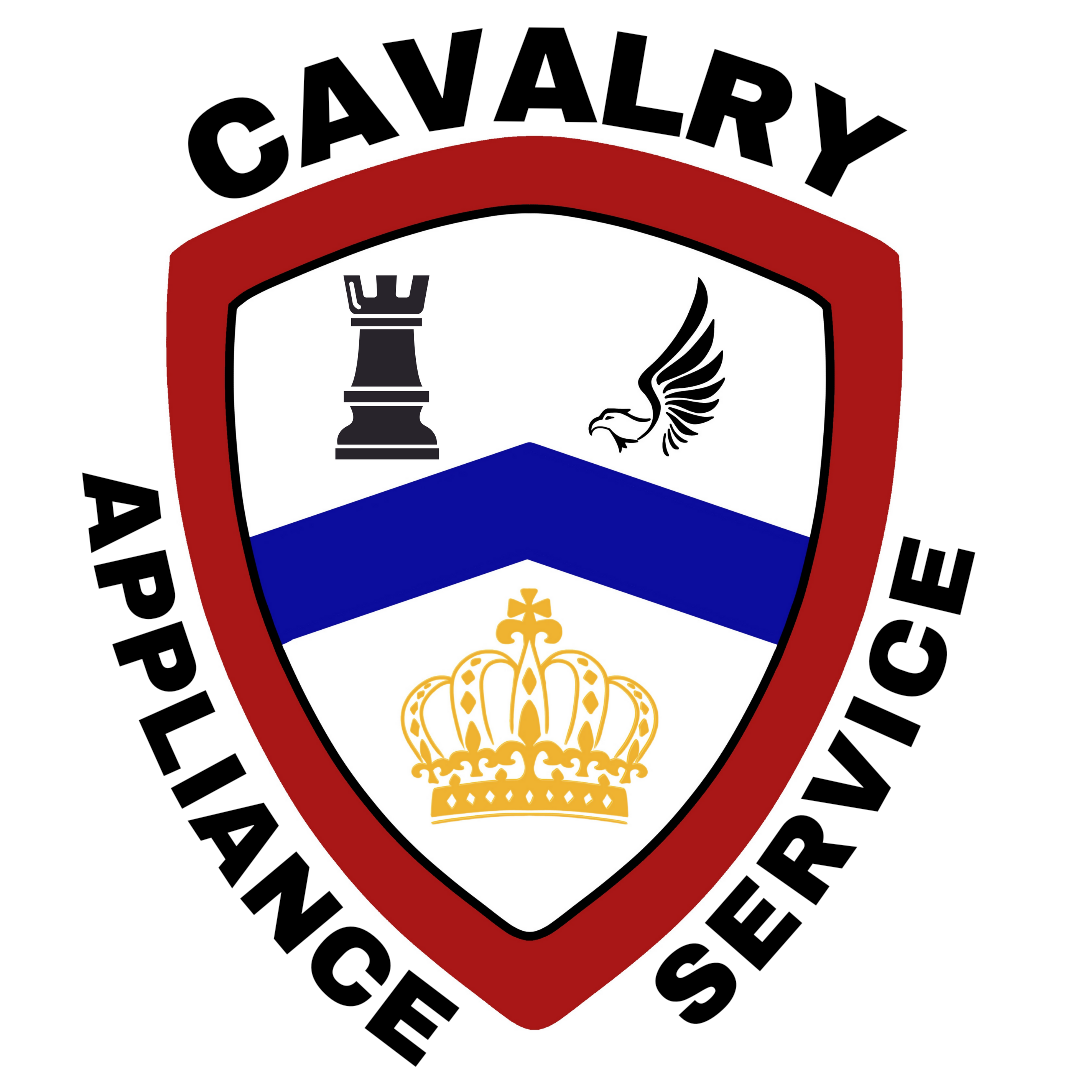Watts up with Wattage?
You might ask yourself: “Microwave wattage, is it important?”
The short answer is yes- it’s very important!
The EPA, and other agencies focused on environmental stewardship, advise that lower wattage microwaves take longer but give you the same results. While this may be energy-conscious, the statement isn’t entirely true regarding the performance of the microwave.
Higher wattage microwaves, anywhere from 1200 to 1800 WATTs, cook food quickly and without working the microwave components very much.
A microwave in the 1000 watt range will cook your food and not leave too many cold spots. It is the middle of the road wattage.
Anything from 500 to 1000 watts is going to have to work harder to do the same job and may give you poor results.
When we look at the functionality of the actual components of the various microwaves, here are a few practical tips:
The longer a microwave is running the faster the parts are going to burn out. Think of it like tires on a car: they’re only good for so many miles and then you need to replace them.
The magtron tube and high-voltage components, which actually create the microwaves, are the parts that wear out from usage quicker in low wattage units.
While we are on the topic of how to keep your microwave lasting as long as possible, there are other behaviors that should be avoided to protect things like:
The controller
Door switches
Thermal overload‘s and
Fans.
To protect these parts, do not open the door while the microwave is running. Even though this will allow the unit to stop, it breaks the power at the switch instead of at the relay which causes early door switch failures.
To summarize, it has been my experience over the years that microwaves with higher wattages fail less frequently.
Remember, you can always call us at 252-772-1264 when making an appliance purchase decision. We are happy to help and will give you the same advice we’d give the people we love most.
Cheers,
Your Cavalry Appliance Family

